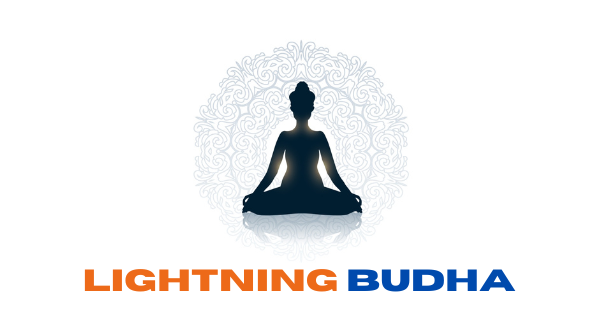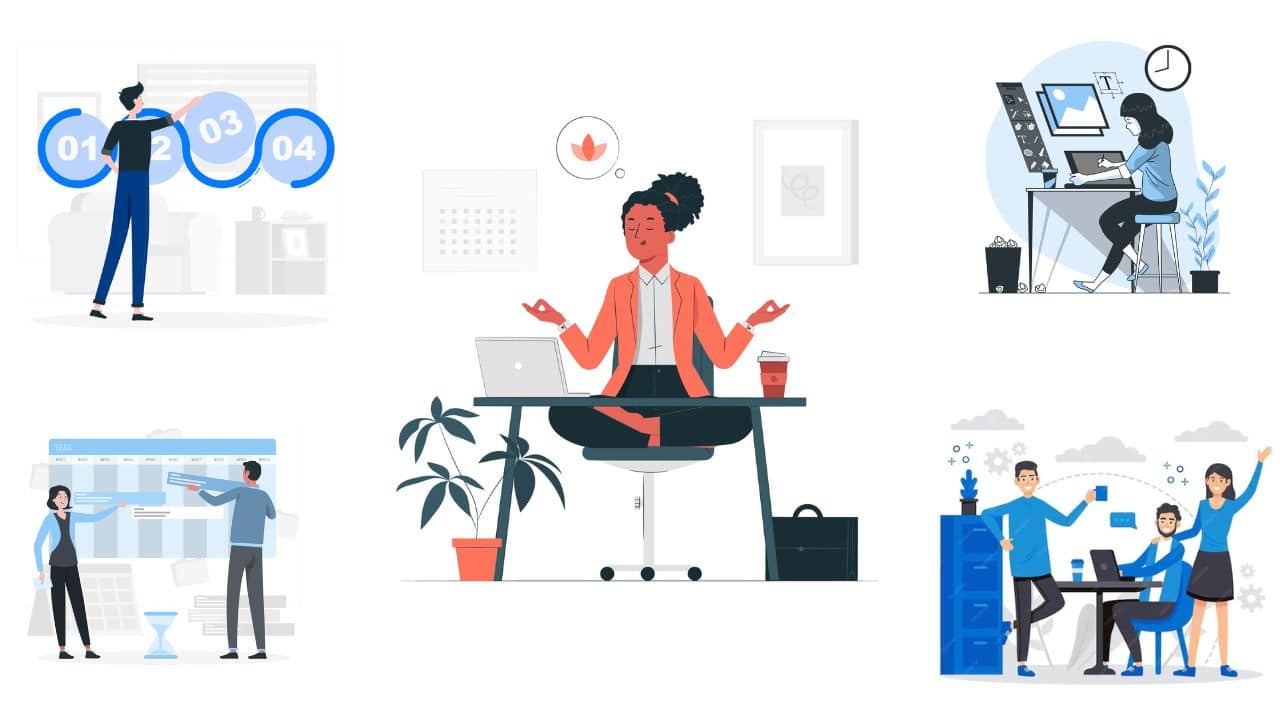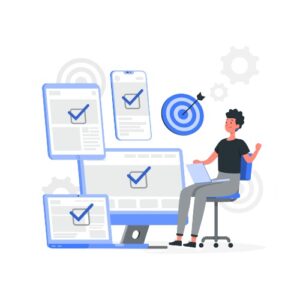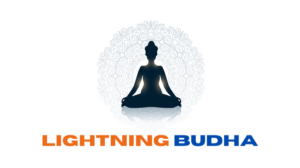Discover practical 7 tips for stress-free productivity and achieving more with less effort. Learn effective strategies to maximize your efficiency, reduce stress levels, and accomplish tasks effortlessly. Enhance your productivity and well-being with expert advice.
Read now!”
In today’s fast-paced, high-pressure world, it’s easy to feel overwhelmed by the constant demands on our time and energy. We’re all trying to juggle work responsibilities, personal commitments, and the seemingly endless stream of tasks and distractions that come our way each day. It’s no wonder many of us struggle to stay productive and feel like we’re constantly playing catch-up.

The good news is that achieving more while experiencing less stress in the process is possible. The key is to adopt a more strategic, intentional approach to productivity that helps you work smarter, not harder. Here are some tips to help you do just that:
Understanding Stress and Productivity:
Stress and productivity are two interconnected aspects that significantly impact our personal and professional lives. To comprehend their relationship, it’s essential to understand each concept individually and how they influence one another.
To put it simply, stress is the body’s reaction to any pressure or demand. It can originate from some things, including demands at work, personal commitments, financial worries, or even internal elements like self-imposed expectations.

While a certain amount of stress can be inspiring and improve performance, prolonged and excessive stress can be harmful to our health and efficiency.
Productivity, on the other hand, refers to the ability to efficiently accomplish tasks and achieve desired goals. It involves utilizing resources, time, and energy effectively to generate valuable outcomes.
Productivity is not solely about working harder or longer hours but rather about working smarter and optimizing our efforts to maximize output.

To achieve a healthy balance between stress and productivity, it is crucial to employ strategies that promote stress reduction and enhance productivity simultaneously.
Here are a few key principles to consider for Stress-free Productivity:
- Self-awareness: Recognize your individual stress triggers and how they impact your productivity. Understand your optimal working conditions, energy levels, and limitations.

- Stress management: Develop effective stress management techniques, such as mindfulness, exercise, or relaxation practices. Take regular breaks, prioritize self-care activities, and create boundaries to prevent excessive stress accumulation.

- Work-life balance: Establish boundaries between work and personal life to prevent excessive stress and maintain well-being. Allow yourself time for relaxation, hobbies, and social connections.

- Support and communication: Seek support from colleagues, friends, or mentors when needed. Effective communication and collaboration can reduce stress and enhance productivity through shared responsibilities and problem-solving.

- Continuous improvement: Foster a growth mindset that focuses on learning and self-improvement rather than perfection. Celebrate achievements, learn from setbacks, and adapt strategies as needed.

By understanding the relationship between stress and productivity and implementing strategies to manage both effectively, individuals can achieve a healthier and more sustainable approach to work and life.
Balancing stress and productivity ultimately leads to increased satisfaction, well-being, and the ability to achieve more with less effort.
Benefits of Stress-Free Productivity:
Stress-free productivity refers to the ability to achieve high levels of productivity while maintaining a sense of well-being and minimizing stress levels. Adopting a balanced approach to productivity can yield numerous benefits in various aspects of life.
Here are some key advantages of stress-free productivity:

Embracing stress-free productivity offers a multitude of benefits, including increased focus, improved mental and physical health, and enhanced creativity. By learning to manage stress effectively, you can unlock your full potential and thrive in all areas of your life.
Tips for Achieving Stress-Free Productivity:
1. Set Clear Goals:
One of the key contributors to stress is a lack of clarity about what needs to be accomplished. Take the time to define your goals and break them down into smaller, manageable tasks.

Clear goals provide direction and help you prioritize your efforts, ensuring that you focus on what truly matters.
2. Prioritize and Delegate:
Not every task requires your immediate attention or expertise. Learn to prioritize your tasks based on urgency and importance. Delegate tasks that can be handled by others, freeing up your time for more critical responsibilities.

Effective delegation not only reduces your workload but also empowers your team members, fostering a collaborative and productive work environment.
3. Practice Time Management:
Proper time management is crucial for stress-free productivity. Start by identifying your most productive hours and aligning your high-priority tasks with those periods.

Break your day into manageable chunks, allowing for regular breaks to recharge and refocus. Utilize time management techniques such as the Pomodoro Technique or time blocking to optimize your efficiency.
4. Embrace Automation and Technology:
In today’s digital age, technology can be a powerful ally in enhancing productivity. Explore automation tools and software applications that can streamline repetitive tasks, freeing up your time for more meaningful work.

Use project management tools to track progress, set deadlines, and collaborate effectively with your team. However, remember to strike a balance and avoid becoming overwhelmed by excessive digital distractions.
5. Cultivate a Growth Mindset:
A positive mindset plays a vital role in achieving stress-free productivity. Embrace a growth mindset, viewing challenges as opportunities for growth and learning.

Instead of fixating on perfection, focus on progress and continuous improvement. Celebrate your achievements, no matter how small, and learn from setbacks to develop resilience and adaptability.
6. Practice Self-Care:
Self-care is essential for maintaining optimal productivity and overall well-being. Prioritize activities that rejuvenate your mind and body, such as exercise, meditation, or engaging in hobbies.

Take regular breaks throughout the day to recharge and avoid burnout. Remember, self-care isn’t selfish—it’s an investment in your long-term productivity and happiness.
7. Streamline and Simplify:
Simplicity is the ultimate sophistication when it comes to productivity. Streamline your workflows by eliminating unnecessary steps and automating repetitive tasks.

Declutter your physical and digital spaces to reduce distractions and create a conducive environment for focused work. Adopt minimalist principles to avoid overwhelm and ensure that your efforts are directed toward what truly matters.
Minimize Distractions:
In our digitally connected world, it’s all too easy to get sidetracked by constant notifications, emails, and social media. One study found that the average person spends nearly 2.5 hours per day dealing with digital distractions.
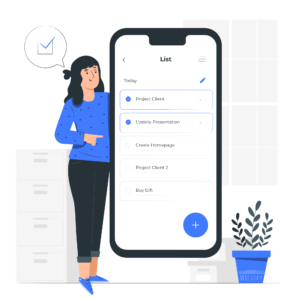
To combat this, try setting aside specific times for checking your inbox and notifications. You can also install apps that temporarily block certain websites or apps during your designated “focused” work periods. And don’t forget the value of good old-fashioned analog tools like paper planners and notepads for jotting down ideas.
